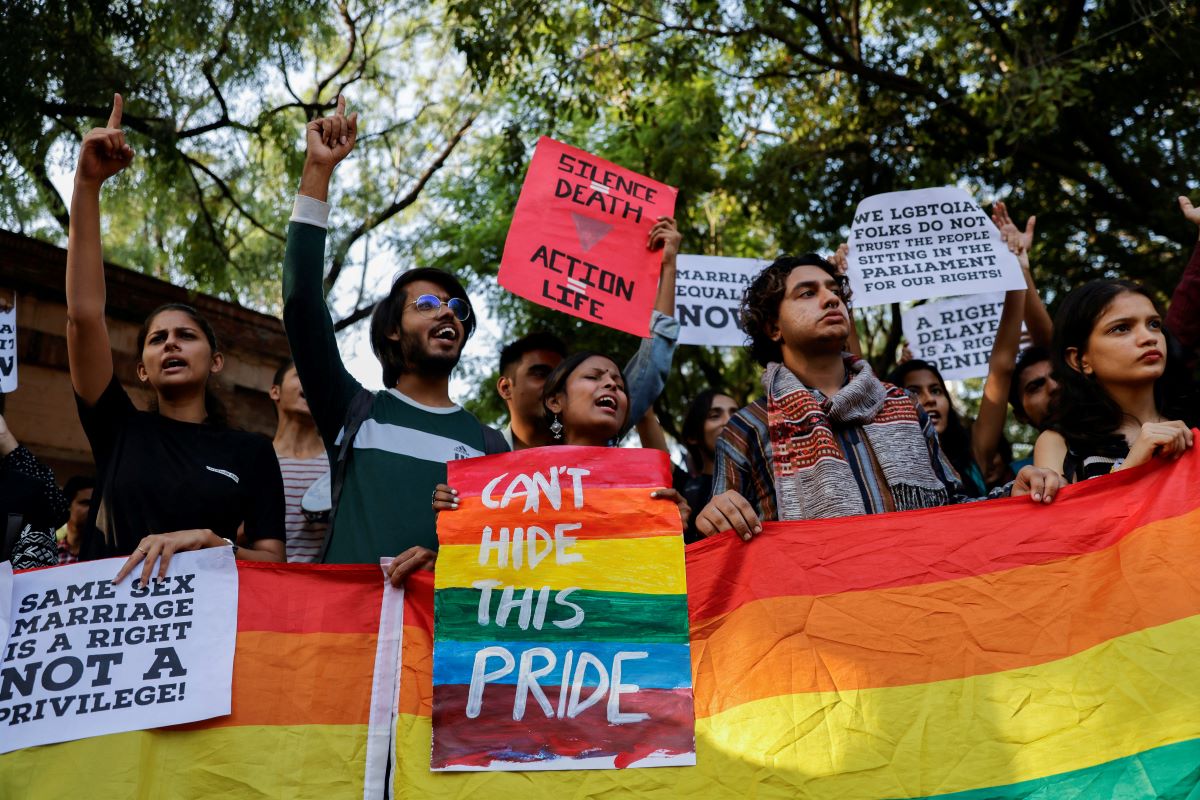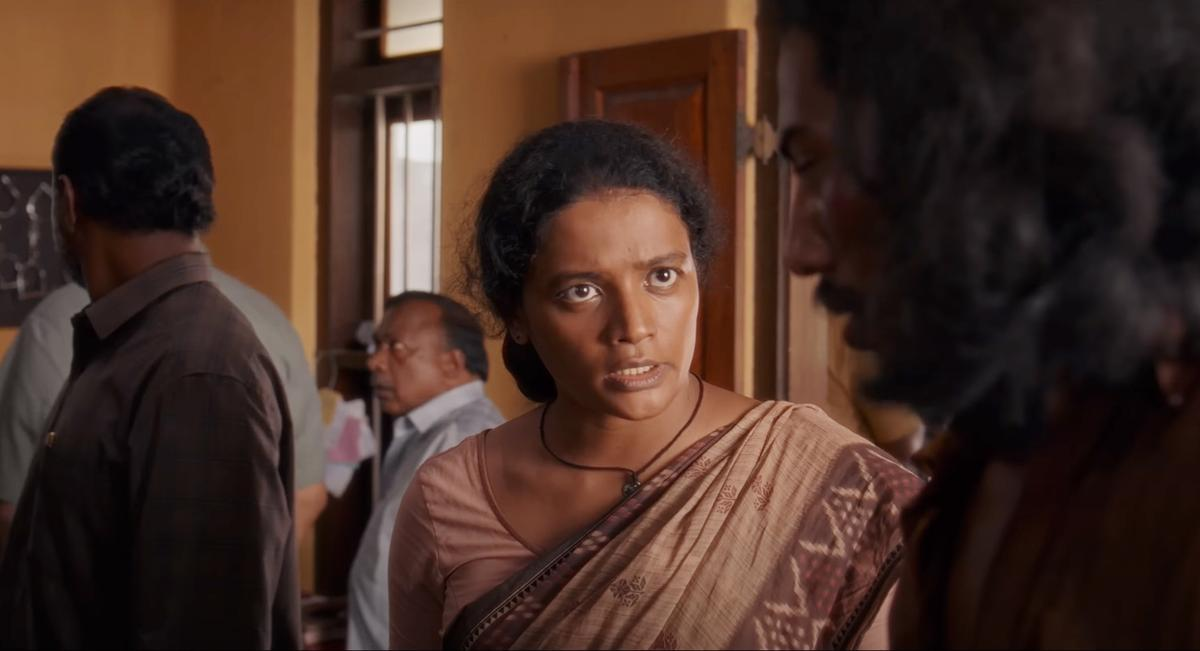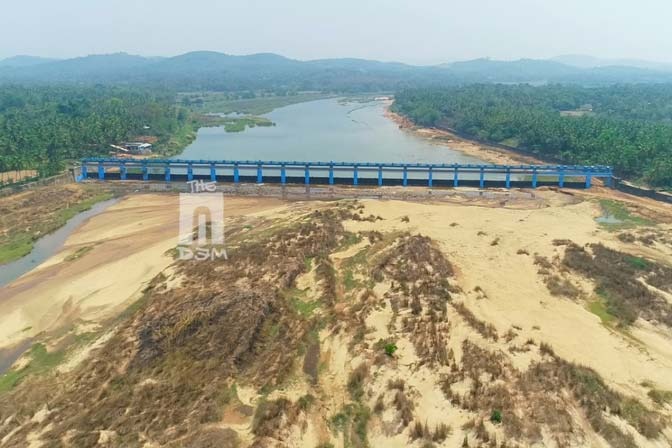When the Sun Was Stopped: How Indigenous Resistance Forced ADB to Cancel the $434 Million Assam Solar Project

In a dramatic turn of events that marks a milestone for Indigenous land rights in India, the Asian Development Bank (ADB) cancelled its $434 million loan and technical assistance for the 500 MW Assam Solar Park project on May 23, 2025. At the heart of this decision lies a relentless grassroots movement led by the Karbi Anglong Solar Power Project Affected People’s Rights Committee (KASPPAPRC)—a coalition of over 20,000 Karbi, Naga, and Adivasi families whose ancestral lands in Assam’s Karbi Anglong district were under threat of displacement.
The project, supported by the Government of Assam and the Assam Power Distribution Company Limited (APDCL), had envisioned acquiring 2,400 hectares of land to build one of the largest solar parks in India. But what was promoted as a clean energy leap was perceived by locals as one of the largest land grabs in Assam’s history. These lands were not just patches of territory; they were forest, agricultural, and customary lands protected under the Sixth Schedule of the Indian Constitution—deeply intertwined with cultural, spiritual, and ecological lifelines of the local communities.
Consent Denied, Rights Violated
Despite being approved by ADB in October 2024, the project was riddled with violations from its inception. ADB failed to adhere to its own policies and international norms regarding Free, Prior, and Informed Consent (FPIC). Consultations were held in only 9 of the 23 impacted villages. Key documents like the Initial Environmental Examination (IEE) and the Resettlement and Indigenous Peoples Plan (RIPP) were not translated or disclosed publicly, making it impossible for most of the affected communities to understand or respond to the proposed development.
The IEE downplayed community land ownership, claiming only 8.2% (195 hectares) of the 2,400 hectares were customarily owned by Indigenous people—a claim fiercely disputed by locals who rely on this land not just for livelihood, but as a cradle of their identity.
Moreover, community members reported incidents of intimidation and fraudulent land claims by outsiders who aimed to benefit from potential compensation. “The Sixth Schedule is a constitution within the Constitution for Indigenous people. But here we saw the authorities trample it,” said Bikram Hanse, General Secretary of the All-Party Hills’ Leader Conference (ALPC). “The ruling government used political power to repress and alter rights, but our people fought back.”
A High-Risk Gamble, Poorly Assessed
The project was designated as high-risk (Category A), yet was approved without adequate impact assessments. Environmental and human rights advocate Vaishnavi Varadarajan criticized ADB for diluting its safeguards. “What’s deeply alarming is that ADB approved this high-risk project based on incomplete documentation,” she noted. “The IEE and RIPP failed to capture the project’s serious impacts because communities were never meaningfully consulted.”
These “impacts” were not theoretical—they were very real and deeply gendered. Women, who are central to agriculture and household economies in the region, faced the complete erosion of their land-based livelihoods. The cultural and ecological damage was also glaring: the bamboo forests that would have been cleared for the project are crucial elephant migration corridors, and the surrounding ecology includes vital water bodies and proximity to Deopani and Nambor wildlife sanctuaries.
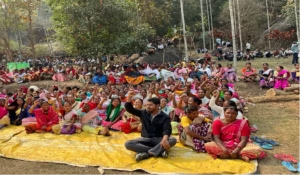
The Anatomy of Resistance
This cancellation did not happen overnight. It was the result of a carefully sustained campaign that spanned nearly two years, combining grassroots pressure with legal, political, and international advocacy. Key milestones in this campaign included:
- August 2023: Memorandum submitted to the Karbi Anglong Autonomous Council (KAAC).
- August 2024: A public petition a
ddressed to KAAC, the District Commissioner, APDCL, and the Government of Assam. - March 2025: Press conference and renewed memorandum in Guwahati.
- March 11, 2025: MP Ajit Kumar Bhuyan raised the issue in the Rajya Sabha.
- April 2025: A direct letter sent to the ADB project team.
- May 2025: Delegates engaged ADB Board officials during the Annual General Meeting.
“This is a victory for people’s resistance,” said Pranab Doley, spokesperson for the KASPPAPRC. “When people’s voices unite, they can create real change. Even under hostile conditions, our leaders persisted to protect the lands and knowledge systems passed down for generations.”
Beyond Cancellation: The Lingering Threat
While the cancellation has been widely celebrated, community advocates are wary of the aftermath. Activists like Vidya Dinker from Growthwatch warn that the ADB’s disengagement has left communities vulnerable. “Even now, ADB has shown no plan for a responsible exit,” she said. “There’s no safeguard for those brave enough to challenge its failures. The absence of a policy to manage cancelled or failed projects is deeply troubling.”
Environmental and social consequences aren’t simply erased with the withdrawal of funding. Land disputes, social tensions, and the psychological toll of forced uncertainty still linger. The community now demands that the Government of Assam and APDCL formally abandon all plans to acquire the 2,500 hectares and recognize the traditional land rights of the Karbi, Naga, and Adivasi peoples.
A Wake-Up Call for India’s Energy Transition
This episode casts a critical spotlight on India’s current renewable energy model, which is increasingly reliant on land-intensive solar projects in rural and tribal areas. While the need for climate action is urgent, the question remains—can clean energy truly be “clean” if it erases Indigenous cultures, fragments forests, and disempowers the very communities who have sustainably managed these ecosystems for centuries?
Rayyan Hassan, Executive Director of the NGO Forum on ADB, emphasized the deeper significance of the cancellation. “No form of energy project is above environmental and social responsibility,” he said. “In this cancellation, people have come first. That must be the guiding principle for any future development.”
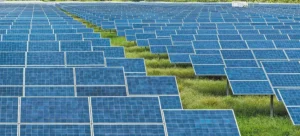
Toward a Just and Equitable Future
The solution, according to activists and experts, lies in decentralization and democratization of energy. Rooftop solar, community-owned microgrids, and ecologically balanced models of development can help India meet its climate targets without sacrificing its most vulnerable populations.
The Assam Solar Park may now be history, but the larger battle continues. This case is more than a footnote in energy policy—it is a testament to the resilience of Indigenous communities, a warning for policymakers, and a lesson for international financiers.
In the words of the Karbi Anglong resistance: Development should not mean dispossession. And the sun must not rise over stolen land.
Ends




